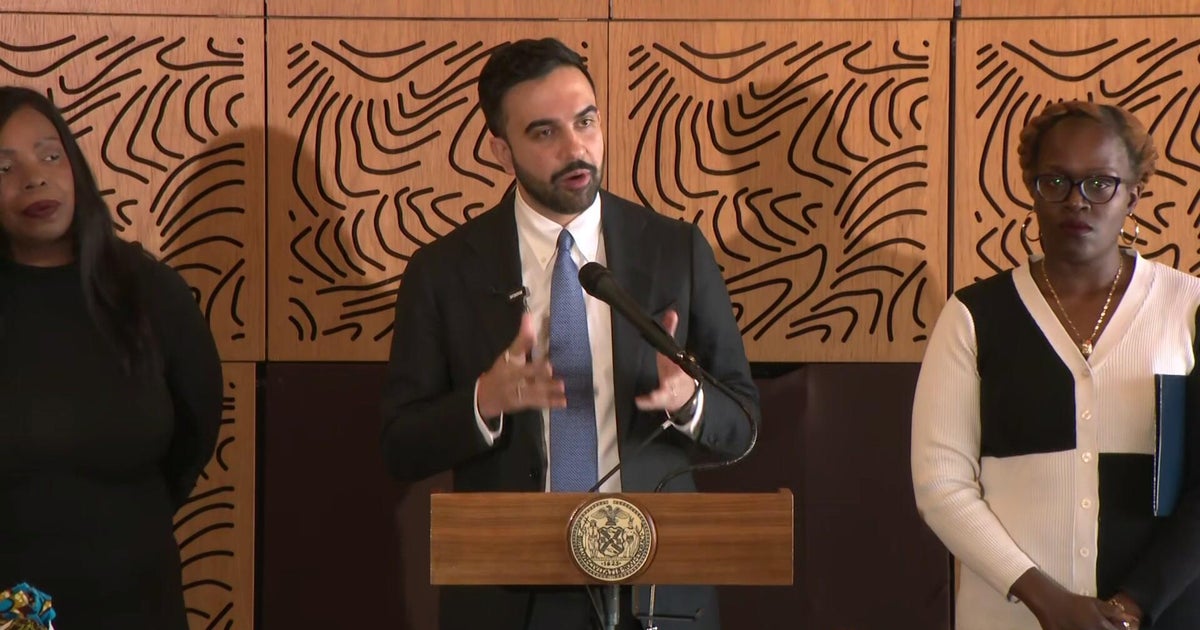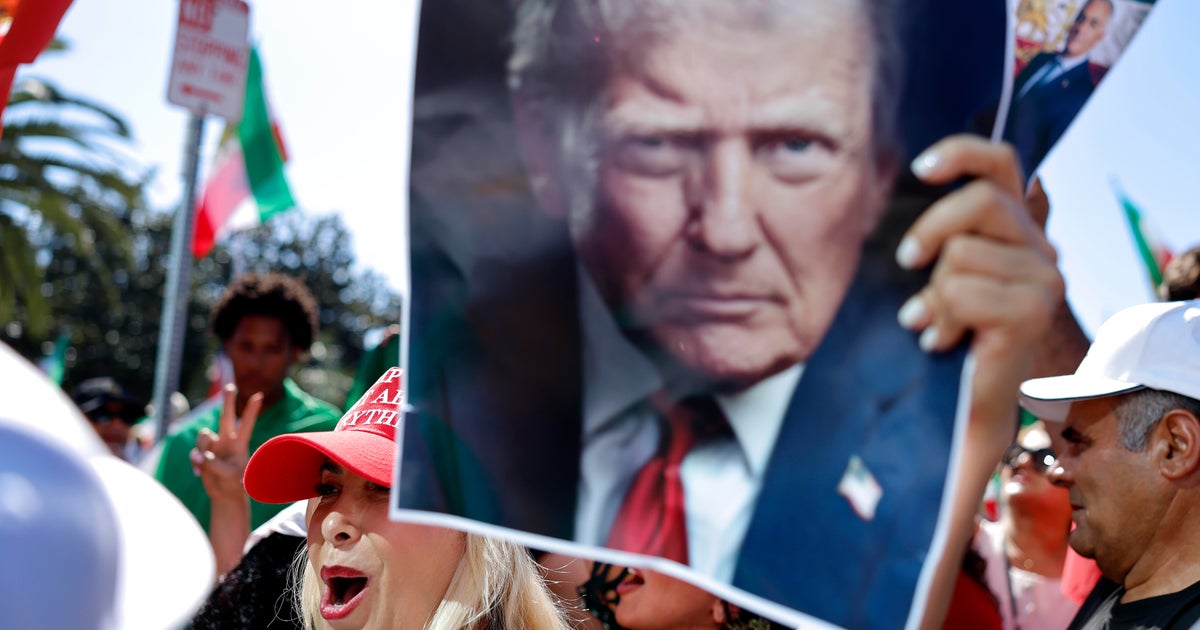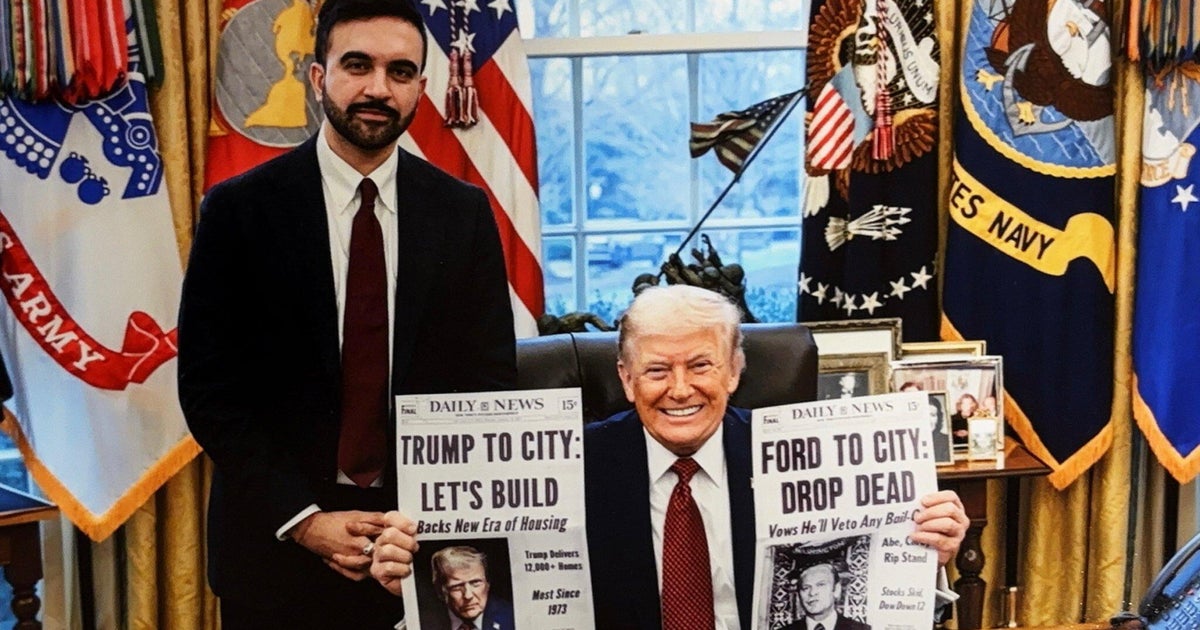FDA Nominee Ducks Questions On Trump E-Cigarette Flavor Ban
WASHINGTON (AP) — President Donald Trump's nominee to lead the Food and Drug Administration sidestepped questions Wednesday on the future of a 2-month-old proposal to ban most flavored electronic cigarettes.
Dr. Stephen Hahn told Senate lawmakers that a recent wave of underage vaping is an "urgent, important crisis" and demands "aggressive action." But he said he wants to review more data before deciding on an approach.
Hahn testified before the Senate's health committee. The full Senate must vote on whether to confirm him to the position.
Senators from both parties pressed Hahn on reports that the Trump administration is backing away from the September announcement that it would remove most vaping flavors, which are popular among underage users. Federal law bans sales to those under 18.
"I can't imagine a reason for holding off on immediately banning these kinds of flavors," said Republican Sen. Mitt Romney of Utah.
Hahn said he is "alarmed by the data and I think it requires bold action to keep these products out of the hands of kids."
But he added that he wants to consult with FDA experts before committing to a plan.
"I don't have all the facts that they might have, but I will use science and data to make the decision," said Hahn.
Throughout his remarks Hahn, a cancer radiation specialist and top medical executive at the MD Anderson Cancer Center in Houston, emphasized that science — not political ideology — would guide his decisions. He also told lawmakers that he would draw on his experience treating lung cancer for decisions on regulating tobacco and vaping.
Trump and his top health officials said in September they would remove all fruit, dessert, candy and other sweet flavors from the U.S. market within weeks. But the plan has faced aggressive pushback from vaping lobbyists and conservative groups, who have warned that the move could cost Trump votes in states he needs to win re-election.
Under pressure, Juul Labs, the nation's largest e-cigarette maker, has pulled all flavors except for menthol and tobacco. But hundreds of smaller firms continue to sell flavored e-cigarettes. Flavors have been banned from traditional cigarettes in the U.S. since 2009, except for menthol.
E-cigarettes typically heat a solution containing nicotine, creating a vapor that's inhaled.
Unlike many past FDA nominees, Hahn has not worked in government or served as a public health official, an issue raised by Sen. Patty Murray of Washington, the committee's top Democrat.
"Dr. Hahn has almost no government experience, no public record on the policy issues related to the FDA, and no experience leading an organization anywhere near as complex as the FDA," Murray said.
She also criticized the FDA's 2017 decision to delay health reviews of e-cigarettes and the lack of follow-through on the proposed flavor ban.
The FDA regulates a variety of consumer goods and medicines, including prescription drugs, medical devices, tobacco and vaping products, cosmetics and most food.
If confirmed, Hahn would face a raft of pressing health issues, including the prescription opioid epidemic, safety problems with imported drugs and the regulation of CBD, a marijuana derivative that has become a trendy food additive.
Hahn, 59, would succeed Dr. Scott Gottlieb, who left the federal agency in April.







